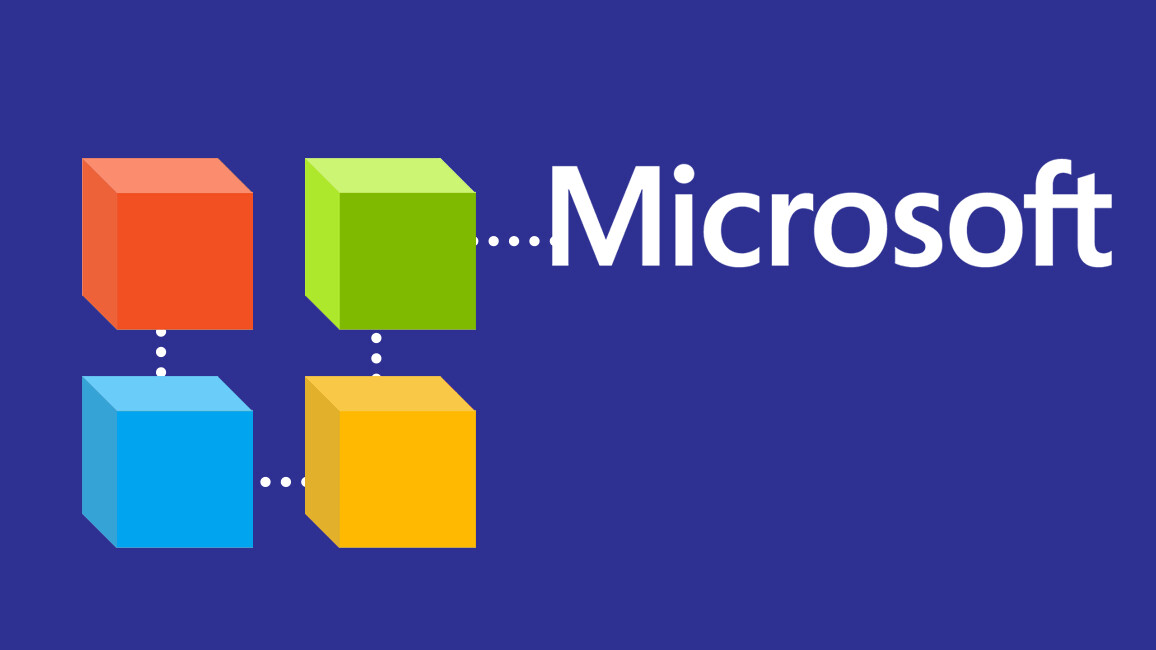
It seems that Microsoft isn’t done experimenting with blockchain technology.
Microsoft and Ernst & Young (EY) announced the launch of a blockchain solution for content rights and royalties management on Wednesday.
The blockchain solution is first implemented for Microsoft’s game publisher partners. Indeed, gaming giant Ubisoft is already experimenting with the technology.
After successful testing, Microsoft and EY hope to implement the solution across all industry verticals which require licensing of intellectual property or assets.
The two companies hope that the move to blockchain will streamline the process of paying royalties to the rightful copyright holders.
The publishers and distributor partners will sign up on the blockchain platform and agree to business terms and conditions through a smart contract. When consumers buy their content online or from retail stores, the transactions will be recorded on the blockchain and royalty amount decided as per the smart contract. The publishers and distributors will have access to all relevant data.
The network is built using the Quorum protocol and Microsoft’s Azure cloud and blockchain infrastructures.
The process is expected to enable “increased trust and transparency” between industry players, reduce “operational inefficiencies,” and make it easier for publishers and distributors to reward “downstream participants” like entertainers, graphic designers, and game developers.

EY claims that, once fully operational, the blockchain network will process millions of transactions per day — making it one of the world’s largest enterprise blockchain ecosystems.
Indeed, the project sounds ambitious. But the key question is whether blockchain is actually better for the use case than other technologies.
One of the biggest shortcomings of current blockchain tech is its limited capacity to scale. While EY claims that the platform will be able to handle such large volumes, it hasn’t backed up the numbers with any research. We’ve asked the company for a clarification on this point and will update this piece accordingly if we hear back.
It is also peculiar that Microsoft and EY are touting blockchain’s advantage over the “manual offline way” of tracking royalties.
“The royalty calculations along the value chain are currently mostly manual and generally managed via offline data sources,” the companies said, explaining their decision to use a blockchain-powered solution.
Still, it remains unclear exactly how using blockchain tech improves on currently available royalty management software solutions.
It is worth noting that Microsoft won’t be the first to explore blockchain for copyrights and royalties. In fact the earliest implementation can be traced back to 2015, when British singer Imogen Heap launched her song “Tiny Human” for $0.60 per download using Ethereum-based Ujo platform.
A host of copyright and royalty management blockchain startups have cropped up since then, but the problem remains that none have yet built an actual scalable solution. Clearly, there are better expectations from Microsoft.
Microsoft announced in February that it is working on a blockchain digital identity platform. The company however didn’t share any working prototype. Come June, there are still no updates on the status of the project from Microsoft. Now that they are announcing another project over blockchain, I am left wondering about the progress of the earlier one.
New ambitious projects utilizing blockchain technology are announced daily. But, until we see some real implementations of the technology, I can’t help but agree with the skeptics.
Get the TNW newsletter
Get the most important tech news in your inbox each week.





